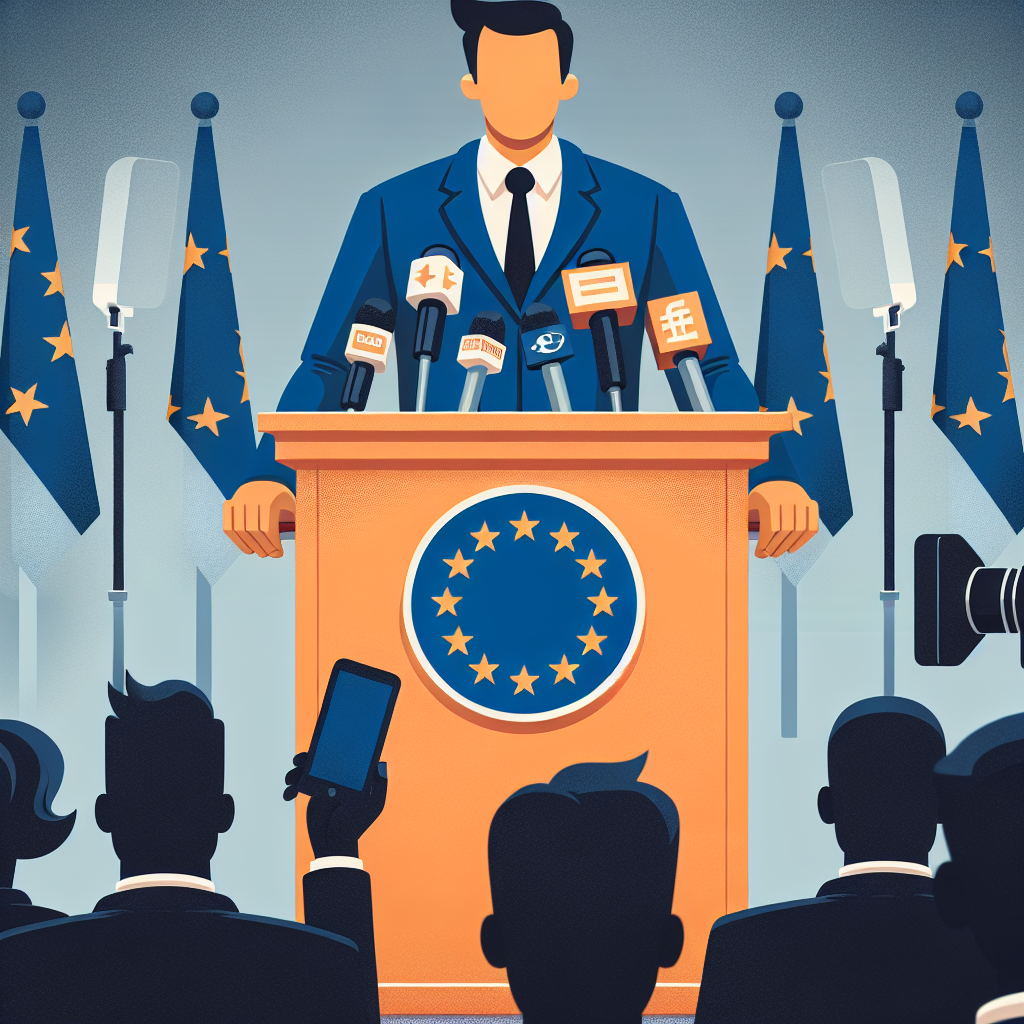German Chancellor Responds to Vance’s Criticism of Europe’s Free Speech Policies
German Chancellor Responds to Vance’s Criticism of Europe’s Free Speech Policies
Background
In recent developments, German Chancellor Olaf Scholz has addressed criticisms from U.S. Senator J.D. Vance regarding Europe’s approach to free speech. Vance has been vocal about his concerns, suggesting that European policies may be overly restrictive and could potentially stifle open discourse.
Key Points of Criticism
- Vance argues that Europe’s regulations on speech, particularly online, are too stringent.
- He believes these policies could hinder democratic engagement and the free exchange of ideas.
- Vance has called for a reevaluation of these policies to better align with principles of free speech.
Chancellor Scholz’s Response
Chancellor Scholz has responded to these criticisms by emphasizing the importance of balancing free speech with the need to prevent hate speech and misinformation. He outlined several key points in his response:
- Europe’s policies aim to protect individuals and communities from harmful content.
- Scholz highlighted the importance of maintaining a safe and respectful online environment.
- He reassured that these measures are not intended to suppress legitimate discourse but to ensure responsible communication.
Implications for Transatlantic Relations
The exchange between Vance and Scholz underscores differing perspectives on free speech between the U.S. and Europe. This dialogue could influence future discussions on digital policy and transatlantic cooperation in addressing global challenges related to online content regulation.
Conclusion
Chancellor Scholz’s response to Senator Vance’s criticism highlights the ongoing debate over free speech policies in Europe. While Vance calls for less restrictive measures, Scholz defends Europe’s approach as necessary for safeguarding against harmful content. This discourse reflects broader tensions in balancing free expression with the need for regulation in the digital age.






































